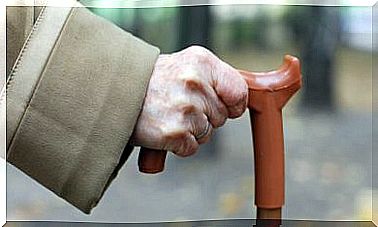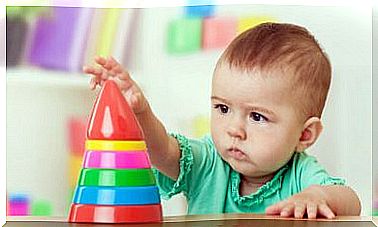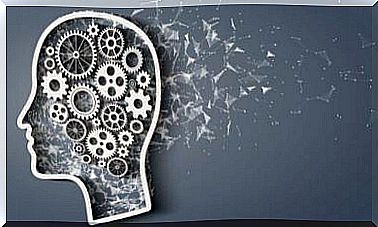What Is Euthymia?

Euthymia refers to a normal, calm, good state of mind. That is, a state where positive emotions and a balanced and adaptive perception of the environment predominate. This concept is used especially in psychiatry to describe the normal phase that a patient with bipolar disorder goes through between manic or depressive episodes.
During these periods, patients experience a more adaptive, calm and cautious behavior, without radical changes in mood. A middle point between the most euphoric joy and sadness. Thus, when this state of mind is present in a stable way, the disease is considered to have remitted.

Mood swings
To better understand what euthymia consists of, it is useful to know what variations can occur in mood in a normal and pathological way. Thus, although it is a continuum, it is usually classified into 5 levels, which if quantitatively indicated could be understood as: -2, -1, 0, 1, 2.
- Mania (2). It consists of a state of mind well above “normal”. An euphoric and exalted mood that is often accompanied by excitability, irritability, or talkativeness. Delusions of grandeur, hallucinations, or uninhibited and extravagant behavior may also appear.
- Hypomania (1). This euphoric state of mind does not intervene in daily life as seriously as mania, its intensity is milder. When someone is at this level they need less sleep or rest, as they are overflowing with joy. They may even be more productive than normal.
- Euthymia (0). As stated above, euthymia is the balanced, focused state of mind. This does not mean that at this level there are no ups and downs, but that they are kept within functional and healthy limits.
- Hypothymia or mild depression (-1). It consists of an abnormal decrease in mood. Here, the person is sad, with a deadpan language and a feeling of despondency. You also lose interest and inability to enjoy experiences that you used to like.
- Depression (-2). This level of mood is considered a mental disorder in which hypothymic symptoms appear with great intensity. Thus, the feelings of sadness, hopelessness or frustration are so deep that they seriously affect the life of the person, sometimes leading to suicidal ideas.
Bipolar disorder
Taking euthymia as a point of reference, according to the mood levels where the episodes move , different types of bipolar disorder are classified.
- Type I bipolar disorder could be considered one of the most serious. The person has experienced at least one episode of mania and one or more of major depression. However, according to the DSM-V manual, only the presence of the manic episode is necessary for its diagnosis, although both usually appear.
- Type II disorder is characterized by the experience of an episode of major depression with at least one episode of hypomania. Since hypomania is sometimes difficult to diagnose, this disorder is often mistaken for a major depressive disorder. During the depressive episode, psychotic symptoms may appear, but not in mania.
Finally, cyclothymia involves the appearance of multiple episodes of hypomania alternating with episodes of hypothymia or mild depression.
Sometimes these ups and downs, somewhat more radical than the limits of euthymia, are confused with a trait of the person. On the other hand, these variations do affect the functionality of the person, since they can vary from several times a week to about four times a year.

How to get to euthymia?
When someone with bipolar disorder usually has a prescribed drug treatment to help control the symptoms. In addition, it is necessary that you go to psychological therapy where you can learn to manage emotions and predict the appearance of a new episode. Likewise, psychoeducation is essential so that the patient and his family know what is happening to them.
In this context, reaching a euthymic state of mind does not mean that recovery is achieved, but a state of normality that is healthy for the person and their environment. For this reason, professional help is so essential that, if it cannot eliminate the disorder, it helps the person to be more balanced and have a more functional life.









